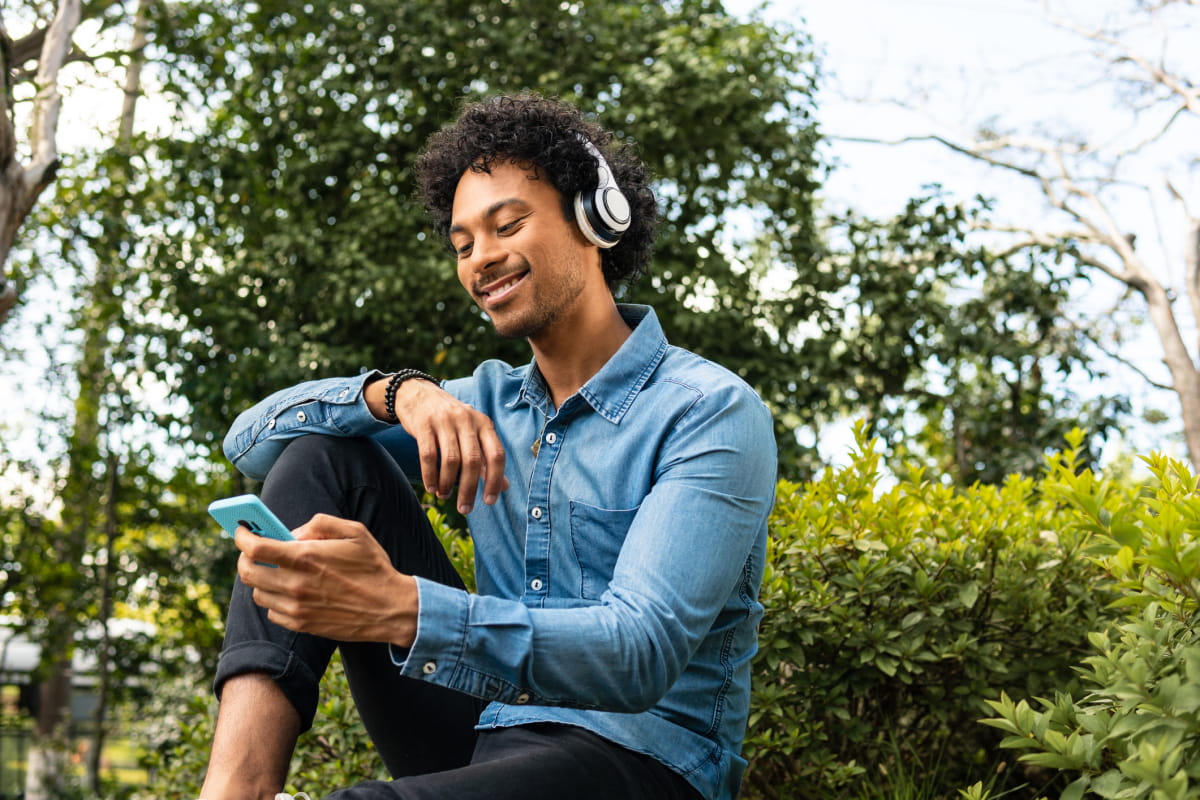A friend of mine once told me that she purposefully arrives 10 minutes early for every appointment. “That way, I’m never stressed,” she explained.
Her simple tip has stayed with me for years. I’m not saying that I’ve successfully adopted her easygoing style or disciplined manner of managing time, but at least I always consider arriving early.
Tibetan Buddhist meditation master Chogyam Trungpa taught that we generally experience less stress and fewer struggles in life when we move and speak slowly and mindfully. In other words, speeding through the day and multitasking along the way causes mishaps, oversights, stress, and suffering.
Imagine yourself driving behind the proverbial little old lady who is driving 30 mph while you are trying to get to work. She’s happily taking her time and probably feeling calm as she motors along. You, on the other hand, are a ball of stress, with your fists clenched around the wheel and your shoulders tight and up by your ears. Who’s suffering, you or the little old lady?
How Do We Slow Down?
When we move and speak slowly and mindfully in our lives, we experience less stress and less suffering. When there is no speed, there is no struggle.
Here are three simple ways that you can slow down in a matter of moments. Choose one or two practices for this week or this month, and then commit to incorporating them into your daily life.
- Practice no speed, no struggle by slowing down how you breathe, drive, walk, talk, eat, write an email, clean, shop, and/or cook.
- Place a sticky note that reads “No speed, no struggle” on your steering wheel or your computer screen.
- Quietly whisper, no speed, no struggle, or slow down at random times as you move throughout your day.
Tips to Be Consistent
In my years of teaching, I’ve collected a handful of tips that can help you remember to slow down. I’ve found the following tricks and strategies help create the strong inner support necessary to stay consistent and committed to training your mind to slow down.
Phone Reminders
I love my smartphone and use my alarm and reminder apps to remember my practices. I get a kick out of my reminders. They make me smile and give my daughters another reason to roll their eyes at me! My advice is to keep your reminders light and playful; otherwise, they become just another thing to add to your to-do list. You and I both know that there are already enough things on that list.
Sticky Notes
If technology stresses you out, then put the reminders on sticky notes and place them on your steering wheel, refrigerator, and computer screen. “Slow down” is a perfect reminder for most of our daily activities.
Bells
Meditation teacher Thich Nhat Hanh is a big proponent of using everyday occurrences as practice reminders. He suggests that the sound of a bell ringing can remind you to slow down. Bells can include the sounds made by your phone, appliances, computers, or alarms.
Red Lights
Sitting at a red light is a perfect time to practice slowing down. Focused breathing is particularly helpful when sitting at a light, in traffic, or standing in line at a store.
Thresholds
Another well-known practice reminder is to pause whenever you enter a room or cross a threshold. Pause and take a deep breath as you walk into your home or enter a building. Paying attention to the transition of entering a new space is an effective way of becoming present.
Now, years later, I understand what my friend was trying to teach me. She knew that if I could slow down physically, I would also slow down mentally, which in turn would cause me to suffer less, focus more, make me happier, and ultimately make me more powerful. As the body slows, the mind slows, and as the mind slows, there’s less stress. Why not give it a try? Why not show up for appointments 10 minutes early or slow down how you eat or speak? Remember, when we slow down, we struggle less. When we struggle less, we are more open and available to enjoy life’s experiences.
This article was published from Cara Bradley’s website with her permission.
Photo by Andre Hunter on Unsplash











